Contraceptive pills for PCOS (polycystic ovary syndrome) management have been commonly recommended by gynaecologists as a first-line treatment, as well as for other hormonal conditions like abnormal menstruation, dysmenorrhea, and premenstrual syndrome.
It works in helping women handle the symptoms and the complications that come along with having hormonal imbalance due to how contraceptive pills can inhibit androgen production — something that your ovaries excessively produce when you’re diagnosed with the condition.
In the Philippines, birth control pills are made available in pharmacies and medicine distribution companies as long as you have a valid prescription made by your doctor. Even though there are still some misconceptions that come along with using the medication, there is no denying that it offers a lot of benefits for women who deal with severe pain and discomfort during their red days, as well as an effective PCOS treatment for those with the health condition.
Table of Contents
What is PCOS
Polycystic ovary syndrome (PCOS) is a hormonal issue that involves the imbalance of hormones caused by your ovaries when it produces an excessive amount of androgens. When this happens, you may have irregular menstrual cycles, meaning that there are instances wherein you miss periods or do not have regular ovulations — two reasons why this condition is also the reason behind infertility among women.
Common PCOS Signs and Symptoms
Of course, as with any health condition, the signs of PCOS may differ per individual. However, in general, these are the symptoms you may encounter if you have polycystic ovary syndrome:
-
- Irregular periods: This means not having your periods at a consistent schedule. The normal interval before you get your period is usually 28 days, with your red days supposed to last for four to seven days only. When you have irregular periods, you may have months wherein you do not bleed or bleed for more than seven days.
- Acne: These are pimples on your skin that are pus-filled and could be painful sometimes.
- Hyperpigmentation: This is when you get dark patches on the skin, particularly in areas like your neck, underarms, under your breasts, and the area between your legs.
- Skin tags: These are growths on the skin that are harmless and can be seen along the area of your neck, eyelids, and underarms.
- Mild hair loss: You may begin losing patches of hair along the head, or in worst cases, may start balding.
- Cysts: Occurs in the ovaries. This is when the ovaries look bigger or have egg sac cysts when looked over an ultrasound.
- Obesity: Those with PCOS have a hard time losing weight, hence the tendency to be obese is likely.
- Infertility: Since you don’t ovulate in a regular period of time when you have this hormonal disorder, you can face difficulties when it comes to trying to conceive.
These symptoms and signs of this ovarian syndrome may appear during a girl’s puberty or when she’s in her early to mid-20s. It’s also possible for a girl who has never had her period to have this disorder, which means that PCOS symptoms in unmarried girls do not have any difference with those who already have their periods, are married, or have any prior sexual experience.
Health Conditions That May Come with Having PCOS
When you’re diagnosed with polycystic ovary syndrome, you are also at risk of developing other health conditions such as:
- Type 2 diabetes: Due to your body becoming insulin resistant and in turn causing you to have high levels of blood sugar, you may develop type 2 diabetes.
- Hypertension: Having polycystic ovary syndrome causes blood pressure to spike up, hence you may be more susceptible to having the said condition.
- High cholesterol: As there’s an imbalance of hormones that influences lipid metabolism — not to mention being insulin resistant — it can increase the level of cholesterol to an unhealthy amount.
- Heart disease: Because of high blood pressure, weight gain, and insulin resistances, there’s also the likelihood of being at risk of developing cardiovascular diseases.
- Endometrial cancer: Since polycystic ovary syndrome induces irregular periods, therefore making you miss periods, it can prompt the uterine lining to be thicker which makes a woman more susceptible to having the mentioned disease.
- Sleep apnea: This is a sleeping disorder that causes you to stop breathing while you’re asleep. It can occur when you have PCOS because of hormonal imbalances and an uneven accumulation of body fat around the neck.
- Depression: Since higher androgen levels can cause excessive hair growth and weight gain, it can negatively affect a woman’s perception about herself which also affects her self-esteem and confidence, leading to feeling depressed.
- Anxiety: Due to hormonal imbalances and the physical changes one has because of PCOS, it can result in mood swings and a greater inclination to feeling anxious.
Why Contraceptive Pills are Used for PCOS
Oral birth control has two types: combined oral contraceptives (COCs) and progestin-only contraceptive pills.
Combined birth control pills have both progestin (a synthetic version of the progesterone hormone) and estrogen. Meanwhile, as observed from the name itself, progestin-only pills (or mini-pill) only have progestin in its formulation, which makes it the perfect contraceptive pills for breastfeeding moms and the optimal choice for women who cannot take estrogen because of certain health conditions.
Among the two, combined oral contraceptives for PCOS management is the one primarily prescribed by gynecologists. This is because of how estrogen — the hormone also present in the medication — not only regulates menstrual cycles, but also helps lessen other effects brought by the hormonal condition like hirsutism (excessive hair growth) and acne.
Nonetheless, progestin-only pills can be used for polycystic ovary syndrome too. However, it won’t do much about managing the physical manifestations of the condition, but will focus more on treating irregular periods so that the risk of having uterine cancer won’t be high — and can offer less side effects than combined oral contraceptives.
Some contraceptive pill brands in the Philippines that are commonly used for the treatment of the said hormonal condition are Lizelle, Yaz, Liza, and Yasmin. Talk to your doctor to find out what’s the best contraceptive pill for PCOS that you can use.
7 Ways Contraceptive Pills Help Manage PCOS Symptoms
There’s a lot of benefits that come with using oral contraceptives, particularly if you’re using it to treat PCOS.
They can assist in treating the hormonal disorder by doing the following:
- Regulates menstrual cycles
- Lessens high androgen levels
- Improves skin health
- Reduces excessive hair growth
- Manages ovarian cysts
- Helps control mood swings
- Lowers risk of ovarian and endometrial cancer
Regulates menstrual cycles
COCs regulate menstrual cycles by releasing the right hormones in your bloodstream in a more controlled manner, generating a menstrual cycle that is similar to the normal one and what your body is supposed to be doing.
With this, your periods become more predictable and regular.
Lessens high androgen levels
COCs decrease high levels of androgen (specifically testosterone) by hindering androgen production in the ovaries and adrenal glands. In addition, it also elevates sex hormone-binding globulin (SHBG) levels that is important in ensuring that estrogen and testosterone do not go roaming around the bloodstream freely.
Lower androgen levels mean that ovulation is less likely to be disrupted and the physical symptoms brought by hormonal imbalance will be reduced.
3. Improves skin health
Sebum is the primary cause of acne to appear on the skin. Since androgen can stimulate its production — and since polycystic ovary syndrome can cause a woman to have high amounts of androgen — more sebum is produced which leads to more acne.
Oral contraceptives can remedy the appearance of acne as part of its hormonal imbalance treatment effects by lowering androgen amounts in your body, thus improving skin health as it reduces acne breakouts and inflammation.
Related: 10 Best Skin Care Products for Oily Skin in the Philippines
4. Reduces excessive hair growth
Hirsutism, the condition wherein excessive hair growth occurs around the mouth and chin (or any part of the female body that doesn’t typically have hair), is one of the symptoms that comes along with having PCOS due to the high production of androgen.
COCs have the ability of reducing the amount of androgens in the body, hence lessening the effects of hirsutism.
5. Manages ovarian cysts
Using birth control can lessen the chances of new cysts forming around the ovaries. This is due to how oral contraceptives stop ovulation, preventing the ovary from releasing eggs. However, if there are any existing cysts before the use of birth control, then it cannot be shrunk down with contraceptive pills alone.
6. Helps control mood swings
Even though it still varies from person to person, COCs are proven to help with controlling mood swings due to its ability to stabilize hormone levels. This makes it an effective PCOS treatment for women, as well as other health conditions like premenstrual syndrome (PMS), premenstrual dysphoric disorder (PMDD), and others that concern mental health.
7. Lowers risk of ovarian and endometrial cancer
Considering that the use of oral contraceptives can lessen the instances in which a woman ovulates, it can also reduce the chances of being exposed to estrogen that plays a role in developing ovarian and endometrial or uterine cancer.
Moreover, it’s stated that the longer you use COCs, the less likely you are to have ovarian cancer. You can even be protected from the mentioned disease for up to 25 years — and 10 years too when it comes to endometrial cancer.
Common Questions and Misconceptions About Using Contraceptive Pills for PCOS
Often, the reason why women are hesitant in using pills is because of the misconceptions surrounding its use. There is a lot of false information that says it can cause weight gain, cause malignant tumors, damage fertility among women, and other things that can spread unnecessary concern about the medication, especially to those individuals who aim to use contraceptives for the betterment of their health or for its main function: preventing pregnancy.
That’s why the use of contraceptive pills in the Philippines still has a lot of reservations as well, given the mistaken beliefs about it.
Some still believe that it’s a drug that causes abortion due to the existence of emergency contraceptive pills that are used within 72 hours after engaging in unprotected sex. But as made clear, it cannot induce abortion nor would cause an embryo or fetus to be terminated.
Is birth control bad for PCOS?
A person’s body reaction to the use of birth control differs per individual. For some, side effects of oral contraceptive pills for PCOS won’t cause any concerning side effects — but for others, there’s a possibility that they may encounter serious unwanted symptoms that would encourage them to stop using the medication.
Further, in the case of birth control for polycystic ovary syndrome, it’s important to consult a doctor to make sure that oral contraceptives will not worsen the symptoms of the hormonal condition nor would give you more bad outcomes than good.
Although birth control pills most of the time have more pros than cons, it’s still recommended that you have a thorough conversation with a gynecologist in order to be briefed about the risks and benefits of its use. You may be discouraged to use it if you smoke, have certain health conditions, and other risk factors.
Can using birth control lead to fertility issues?
In truth, even though blocking pregnancy is one of the primary contraceptive pills uses in women, that doesn’t mean it can permanently stop a woman from getting pregnant her whole life.
You can get pregnant right away once you stop using contraceptives, and depending on what type of contraceptive you use, it will usually take effect immediately. Hence, when it comes to the question on why COCs are prescribed to be used for fertility despite its main use being a contraceptive — it’s because of how it can regulate hormones and control irregular periods.
Can birth control cause cancer?
Combined contraceptive pills have the hormone estrogen included in their formulation. With that, it can increase the estrogen levels in the body which breast cancer cells need in order to multiply. However, the risk of breast cancer has only slightly increased in using birth control pills, meaning that it’s not of significant concern and can even be erased once you stop using birth control pills for over 10 years.
Can birth control cause weight gain?
There are people who have claimed that after the use of oral contraceptive pills for PCOS, they have gained a few extra pounds. However, although the scale does show that there has seemingly been an increase of weight — it is only because of fluid retention, not because of actual fat being stored in your body.
Instead, you may be gaining weight because of other factors that do not include taking birth control pills itself. It may be because of changes in the food you eat, your calorie intake, your metabolism, lack of physical activity, and the kind of exercises you’ve recently been doing.
Can PCOS be treated with birth control?
Despite how polycystic ovary syndrome cannot be cured, it can be managed with the help of birth control. It does this by lowering the amount of androgen in the body, which in turn lessens the effects of the said hormonal condition’s physical symptoms (excessive hair growth, acne, etc.).
Can PCOS affect birth control?
In terms of contraceptive pills effectiveness, PCOS does not affect birth control. However, due to the other health conditions that arise when you’re diagnosed with it (becoming obese and insulin resistant), it may lower its potency because of how these health conditions disrupt how hormones are processed within the body, thus leading to a poor performance.
How does birth control affect PCOS?
Birth control pills containing estrogen and progestin (combined oral contraceptives) affect PCOS by balancing hormone levels and lowering high amounts of androgen in the body that the hormonal disorder causes. Since taking contraceptive pills means your ovulation can be suppressed, it can regulate menstrual cycles and inhibit androgen production, in turn lessening symptoms such as acne and excessive hair growth.
Can contraceptive pills cause PCOS?
To answer this simply, no, birth control does not cause hormonal conditions like polycystic ovary syndrome. Although contraceptive pills’ side effects are listed to be a lot and can lead an individual to be more susceptible to other health issues — it does not include PCOS and in contrary, can even serve as its treatment.
What are the side effects of oral contraceptive pills for PCOS?
When you use birth control as PCOS treatment, some contraceptive pills side effects you may experience are:
- Nausea
- Bloating
- Sore/tender breasts
- Headaches
- Spotting (light bleeding that is not because of having your period)
- High blood sugar
- Blood clots
Other Birth Control Methods for PCOS Management
Aside from contraceptive pills, there are other birth control methods that contain estrogen and progestin which can give you the same effects if you prefer another option other than ovulation control medication.
Have a conversation with your gynecologist and see if these options can be applicable for you:
- Injectable contraceptives (depo shot or birth control shots): This is typically injected either on your arm and buttocks, where it then delivers the hormone progestin in your bloodstream.
- Contraceptive Patch: This is a thin, beige, and sticky patch that releases the hormones through the skin and is placed on either your shoulder or upper arm. It can also be placed above the buttocks, abdomen below the belly button, and upper back near the shoulder blade.
- Contraceptive Implants: A small rod-like device is implanted in your upper arm where the hormone progestin is let go.
- Intrauterine device (IUD): This device is inserted into your uterus where it will then release the hormone progestin.
- Vaginal Ring: A flexible ring that is placed inside your vagina where it will release the hormones in your vaginal lining.
Read also: Choosing the Right Contraceptive for Your Lifestyle in Philippines-2025
Lifestyle Tips for Managing PCOS Symptoms
For polycystic ovary syndrome, there is no definite cure — just ways to treat and manage its symptoms. Hence, aside from using cycle-regulating pills and other medicines in order to lessen its effects on your body, there are also other things you can do in order to not have your condition be worse.
Have a healthier diet
Since having PCOS reduces the levels of insulin in the body, it’s essential to consume specific categories and types of foods in order to increase your insulin levels and to also get other nutrients that would be good for you.
Among these are:
- Carbohydrates: For better energy and improved hormone levels
- Fiber: For improved digestion.
- Protein: Even better if it’s plant-based protein like whole grains, nuts, and legumes. Eating food that is in protein helps with insulin production.
- Iron-rich foods: Because of how women with irregular menstrual cycle means that they’ll tend to experience heavy bleeding during their period, it’s essential to eat food that is rich with this nutrient.
- Magnesium-rich foods: Since these foods are generally considered to be good in treating PCOS.
- Whole foods: This means food that does not contain preservatives or any artificial ingredient, making them as natural as possible.
- Probiotics foods: For better gut health and regulating hormones.
You should also avoid caffeine since it is said to have the ability to disrupt the levels of estrogen in your body, as well as how the hormones behave. An alternative you can opt for are herbal teas, particularly green tea since this is recognized to help women with PCOS by improving insulin resistance.
Check out our blog about Top 5 Superfoods To Boost The Immune Health.
Take supplements
Seek out supplements or other products that have the following nutrients/ingredients so that your body can improve when it comes to regulating hormone levels, increasing insulin, and lessening inflammation brought by PCOS:
- Magnesium
- Vitamin D
- B Complex
- Omega 3
- Berberine
- Zinc
- Inositol
- Calcium
- Chromium
- Turmeric
- Evening primrose oil
Maintain a healthy weight
Being within a healthy weight range can significantly help with the effects that PCOS causes to the body — as well as lowering your risk of contracting other health conditions that may come along with it.
Not to mention that this can also assist with conceiving if you’re trying to get pregnant with your partner. This is because being at a healthy weight can improve ovulation, balance your hormones, and enhance insulin production which positively impacts fertility overall.
You can read this blog about top 5 weight loss tips to stay active and fit that you can do to maintain a healthy weight.
Regularly exercise
This works hand in hand with maintaining a healthy weight since exercising frequently can help you lose a few calories.
You can try out these exercises for PCOS management:
- Mind-body exercises: These are exercises like yoga, pilates, tai chi, meditation, breathwork, walking meditation, and guiding imagery.
- Cardio: The exercises that fall under cardio are walking, running, swimming, cycling, dancing, etc. As long as it’s any physical activity that involves your heart rate increasing, then it can be considered as a form of cardio.
- High-intensity interval training (HIIT): This is where you do a bunch of brief intense workouts (any exercise will do) with short recovering periods typically spanning 15 seconds.
- Interval training: Similar to HIIT, but has a longer period of time for rest.
- Strength training: Under this are exercises that build muscle strength by resistance like squats, push-ups, glute bridges, weightlifting, etc.
Develop good sleeping habits
Another thing that can help in dealing with PCOS signs and symptoms is having good sleep hygiene. This involves setting a consistent sleep schedule, avoiding stimulants like caffeine before going to bed, having a regular bedtime routine, and other measures you can do in order to have a comfortable experience when going to sleep.
Doing these things and making sure that you get eight to ten hours of sleep every night is important in regulating stress hormones and managing this reproductive health condition since poor sleep quality can be linked to weight gain and insulin resistance
Practice self-care
It’s essential that you do not get stressed too much as it can contribute to your stress hormone (cortisol) levels being high as well. Therefore, in order for you to avoid feeling stressed, you should find activities that can provide you relaxation and what you would consider as taking care of yourself.
This may include taking a walk outside, reading a book, assembling a puzzle — anything that would bring you peace, make you feel gratified, and manage your stress.
In Summary
Oral contraceptive pills for PCOS in the Philippines is a practice done by women who are of reproductive age and who have the mentioned hormonal disorder. As birth control pills have the ability to balance hormones, such as lowering androgen levels, it’s typically prescribed by doctors to be the first-line of treatment for managing its symptoms.
PCOS means polycystic ovary syndrome, and when a woman has this disorder, she can be at high risk of developing other health conditions that can be of serious concern to her well-being. More than just the existing effects it does to the body (excessive hair growth, acne, irregular periods, hyperpigmentation, weight gain, etc.), it can make them more susceptible to cardiovascular diseases and having problems with mental health like depression and anxiety.
Combined oral contraceptives are an effective treatment for polycystic ovary syndrome. Although primarily marketed as a medication to prevent pregnancy, it can also regulate menstrual cycles, lessen high androgen levels, improve skin health, reduce symptoms, and even minimizes the risks of having ovarian and endometrial cancer.
Despite a lot of questions and doubts surrounding the relationship between birth control and PCOS, there’s no denying that using it does have benefits and can help in managing its symptoms. Furthermore, aside from contraceptive pills being a way to treat PCOS, there are also lifestyle changes that you can make so that the hormonal condition won’t greatly interfere with your everyday life and self-esteem.
With this, it’s important to be aware of all the PCOS symptoms and treatment options for the improvement of your overall wellness. Online pharmacies like Getmeds Philippines offer a wide range of contraceptive pill brands that you can choose from and even delivered to your doorstep for your convenience.

 Login/Register
Login/Register
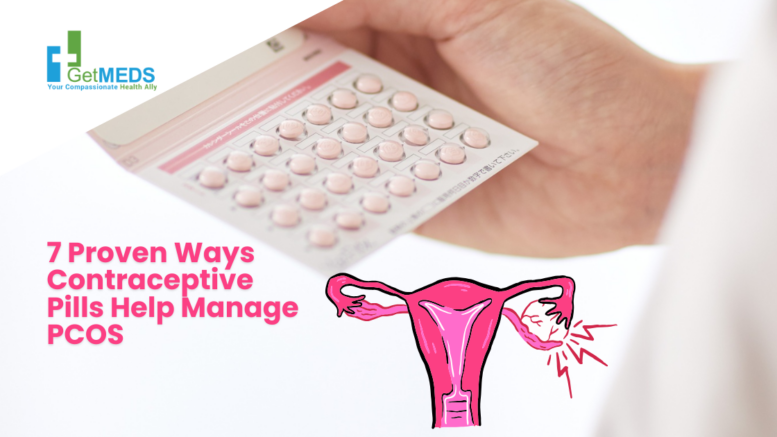




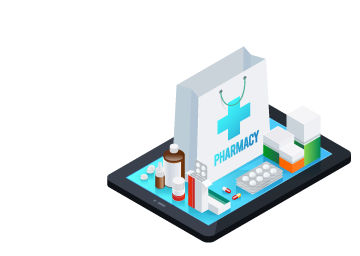

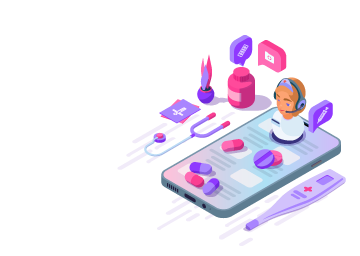
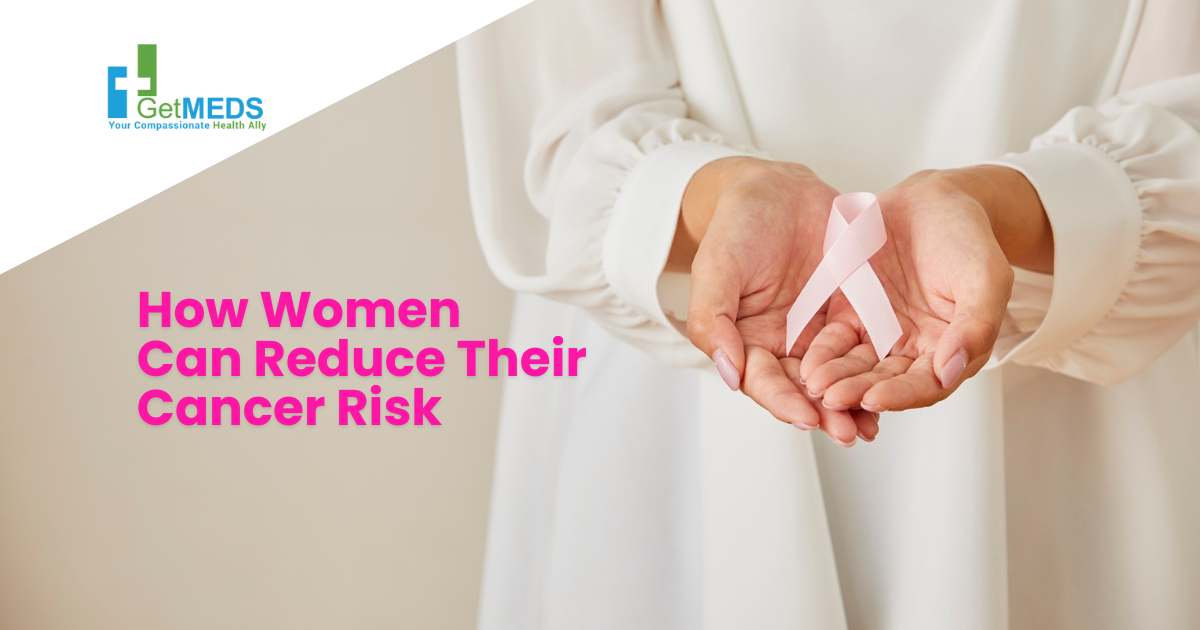
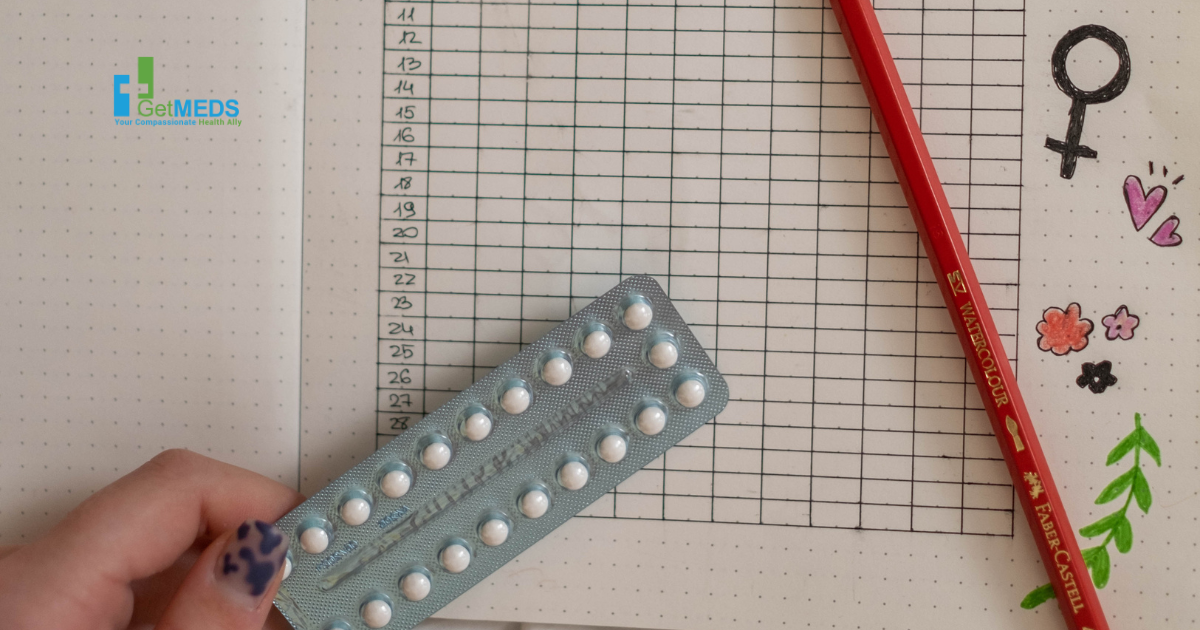
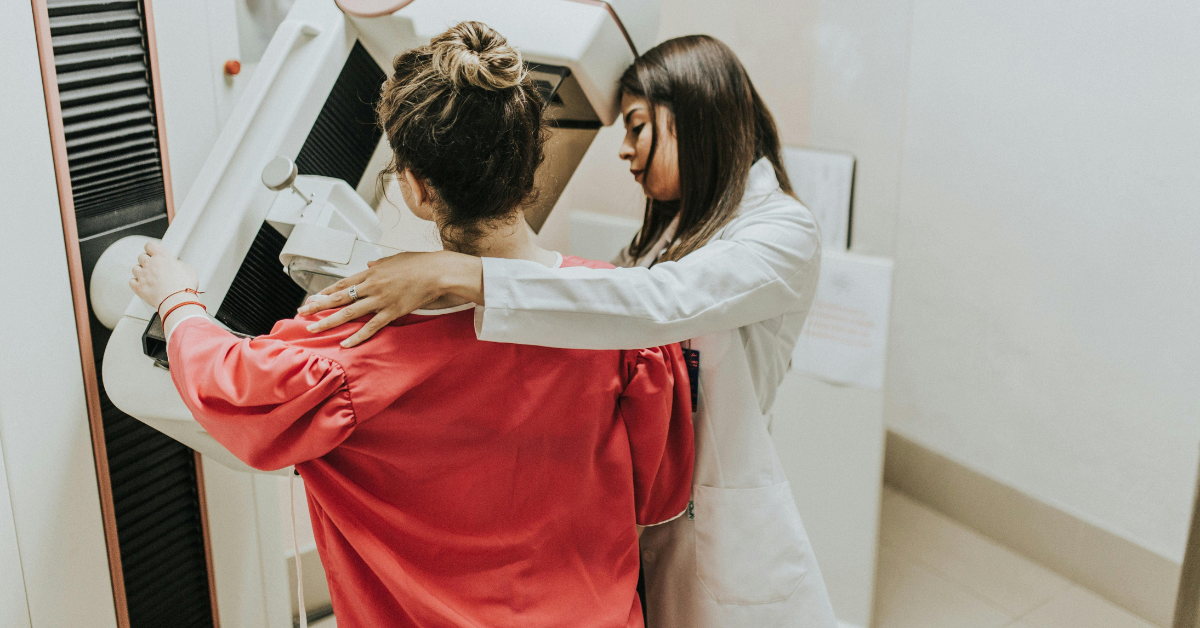
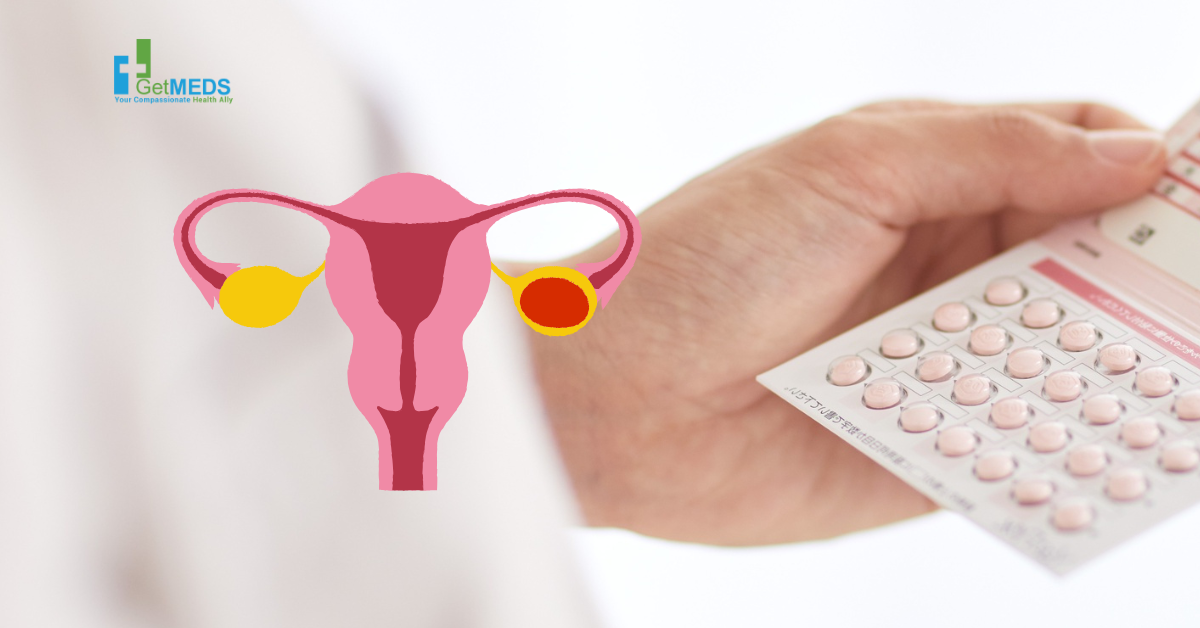
Be the first to comment on "7 Proven Ways Contraceptive Pills Help Manage PCOS"